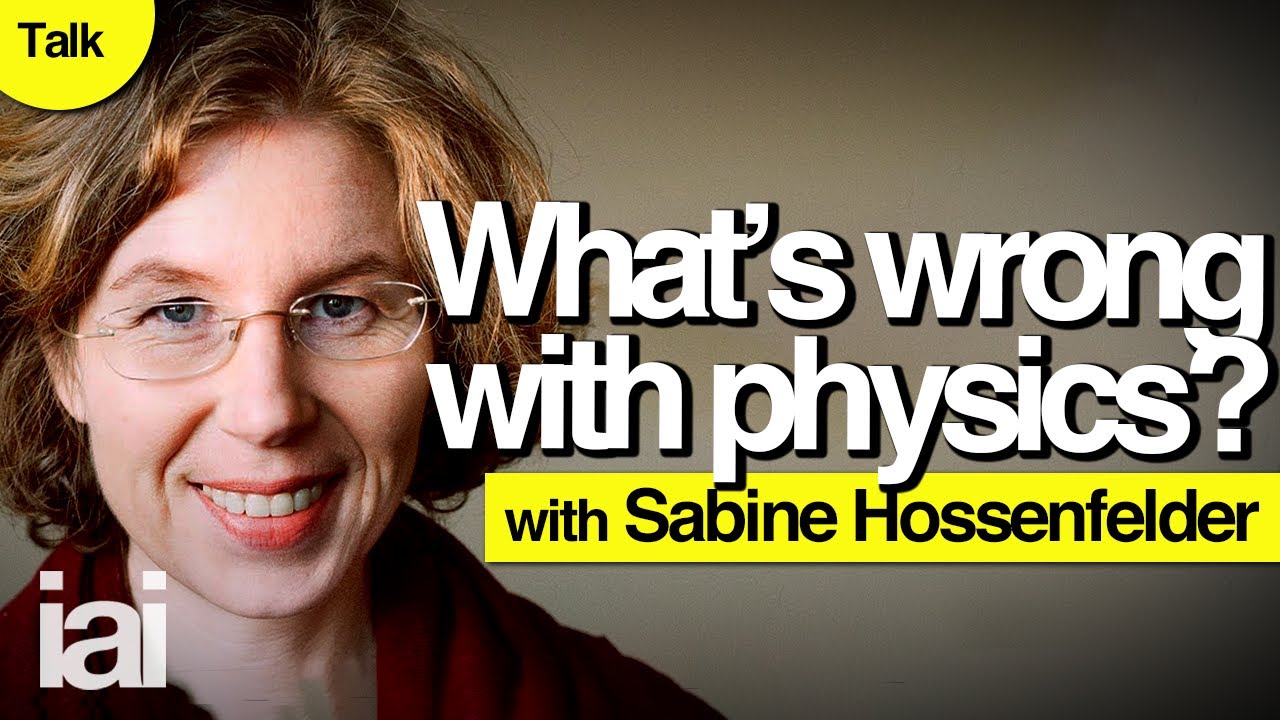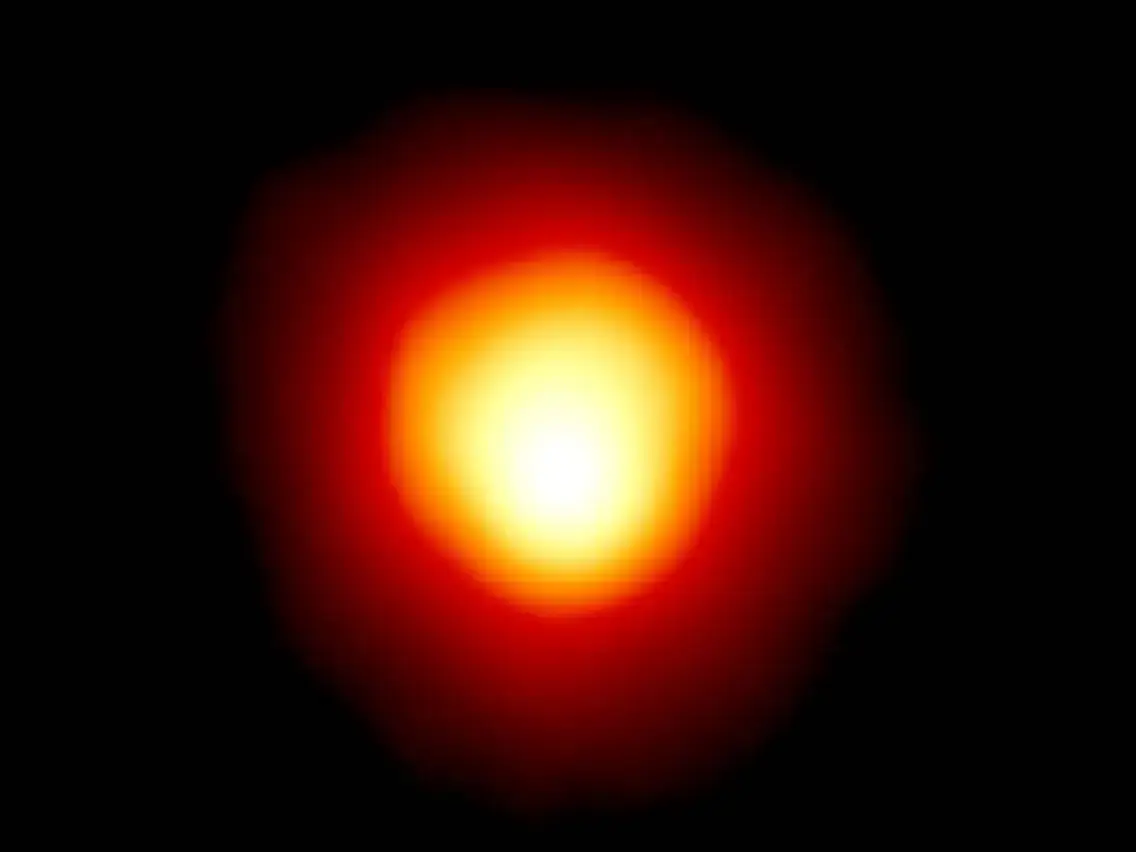- cross-posted to:
- science@lemmygrad.ml
- cross-posted to:
- science@lemmygrad.ml
Recently I saw a post about an article by Sabine Hossenfelder and I wanted to share the video that introduced me to Sabine Hossenfelder. Do you think her claims are credible? Sometimes I feel I'm just too anti-intellectual.
If you want to watch a longer version (in German with English subtitles): https://www.youtube.com/watch?v=99hVAu1k6G8.
Hossenfelder is cool, she's very pointed in her criticism of how modern science is done, without falling into that trap of being contrarian just for the sake of stirring up shit.
Any specific claims of hers that you doubt?
She's pretty based and science pilled AFAIK. She's the Neil Degrass Tyson we need, not the Neil Grab'ass Tyson we deserve.
No, I just don't know enough about physics / am not scientifically versed to be able to assess that. But it all sounded right to me. Nice to know she's based tho!
Generally agree, only worry is that I've seen people take her headlines at face value and think her message is we should cut funding to science because they're all wasting time or something.
Also i love seeing how offended people on :reddit-logo: get about her.
I can't speak to the 70s but more recently there is definitely a crisis of philosophy. Students are rarely exposed to the philosophical underpinning of science, and the world of philosophy outside of science. In pop culture philosophy and science are at odds.
I also can't help but notice the problems seem to start around 1900. The US is experiencing rapid industrialization. Europe is about to go to war. Colonialism is all over the place. Science in the US gets aimed at the military and consumer technologies in middle/second half of the 20th century. Computers become widespread and everyone starts to focus on computer modeling and simulation. Most physics in the US is private and aimed at industrial R&D. Theoretical physics is such a small part of it. So yeah we have more physicists but they're not working on the problems of dark matter. They're designing medical technology or mining technology.
I'd be curious to see the amount of purely theoretical physicists active in research. Capitalism isn't likely to dump significant funding or labor into something that's not monetized. Which is probably why a lot of that is only popularized through media and personalities. Because the only way to monetize it is to make a TV show or sell a book. That doesn't really require active research.
As a chemist who likes doing theoretical/core understanding type stuff, you basically can't get funding unless you somehow tie it to medical or materials. Even if your research really doesn't have that much to do with those things.
Additionally, I think this same problem has been resonating throughout academia. The growing amount of students that cannot break down and understand problems with critical thinking skills in stem classes is becoming rediculous. Interestingly, the trend I mentioned and the trend of theoretical physics are rather correlated. Additionally, it seems like the sane problem is happening in all of the other physical sciences. Anything fundamental tends to be avoided in favored of more applications focused research. I'll even go out on a branch and say some of the same problems are manifesting in the humanities and "soft" (as bs as that idea is) sciences.
Sabine is basically right. Physicists don't tend to like what she has to say but the majority of them don't have any real philosophy of science guiding them, they're captured by the assigned problems. They don't seem to understand that she's criticizing the nature of advancing the foundations of physics, and not specific good experimental results or advancements in all fields of physics. And she's right, the phenomenological approach to particle theory hasn't generated any successful ideas and neither has String theory / supersymmetry. There is an extreme dearth of dialectical thinking in the field. There are only a small handful of people working outside of the strings paradigm.





